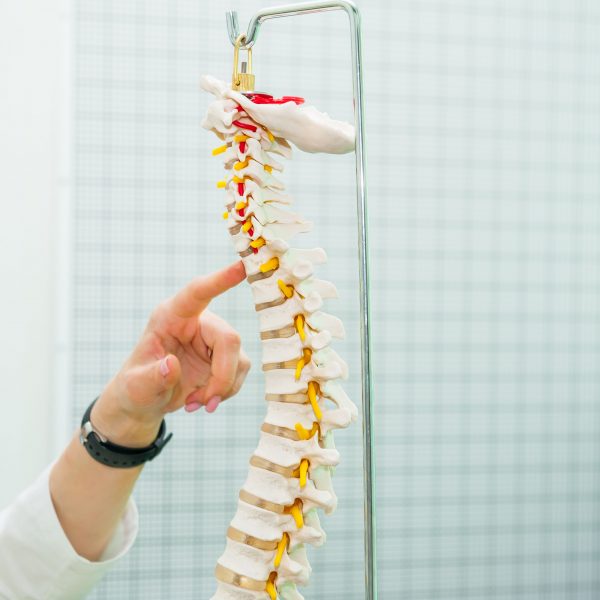Relapse can happen to anyone at any time. It is a part of recovery for most, but as much as possible, you want to minimize the instances.
Relapses are defined as the instances wherein a recovering individual goes back to their old pattern of behavior involving substance abuse. In recovering alcoholics, relapses may occur more often due to the prevalence of triggers in our daily lives. However, it is not impossible to conquer and overcome temptations. Here are some ways to do it:
1. Check yourself in a sober house
Look into a sober house in Austin, Texas or any other place if you are seeking to quit alcohol for good. These recovery houses can supplement your 12-step treatment by helping you back into society while continuing treatment. These houses are not prisons and you are allowed to leave if you want, but they will provide structure and safety that will help you stay sober.
2. Determine and understand your triggers
Relapses often stem from triggers. A craving may consume you once you come across a trigger, and you may not be strong enough yet to resist the urge. As a part of your therapy, you will be prepared in dealing with your triggers and cravings. It is crucial to determine your triggers and list them down, so you can avoid them after rehab. Seek the help of your treatment providers to understand your triggers and learn how to deal with them if your paths cross.
Remember that riggers can come in all shapes and sizes. A trigger may be a person, place, event, thought, food, drink, activity, and just about anything that you can associate with your old habits. Once you see through these triggers, it will be easier to avoid them. Over time, you can learn how to face these triggers and not give in to your cravings.
3. Create a more positive environment
 Recovering alcoholics need to make some changes in their lives, starting with their relationships and environment. Often, people in recovery will have to cut out certain people in their life, stop going to some places, and leave other significant things in their past. This is not an easy thing to do; that is why you need a support group in order to create a new, positive environment that will help you stay sober.
Recovering alcoholics need to make some changes in their lives, starting with their relationships and environment. Often, people in recovery will have to cut out certain people in their life, stop going to some places, and leave other significant things in their past. This is not an easy thing to do; that is why you need a support group in order to create a new, positive environment that will help you stay sober.
4. Don’t be afraid to seek help
People who are about to relapse may feel hopeless, uncontrollable, angry, guilty, helpless, depressed, or all of the above. If you find yourself experiencing these negative emotions, don’t be afraid to seek help. Having these feelings doesn’t mean that you are failing. Instead, make an effort to prevent a relapse. If you have already relapsed, don’t feel guilty about it. Accept it as a part of your recovery. Then, seek someone to help you get back on track.
The path to sobriety is not going to be an easy one. It will be full of hardship, stumbles, and maybe even a few slip-ups along the way. A relapse is not a sign of failure. It is just a means to take another step forward.






